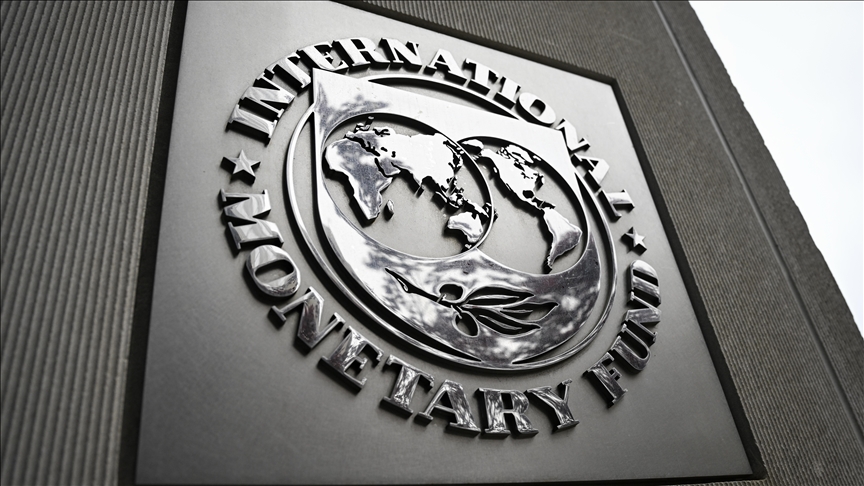ISTANBUL
Net capital inflows to emerging market and developing economies recovered slightly from low levels in 2022, but remained negative in 2023, the International Monetary Fund (IMF) said Friday.
“With tight monetary policy conditions in key advanced economies continuing in 2023, the US dollar remained strong in 2023 and early 2024 by historical standards, while other reserve currency movements have been mixed,” it said in its External Sector Report.
Gross inflows and outflows in emerging markets decreased last year, according to the report that provides external sector assessment of 30 of the world’s biggest economies based on their 2023 data.
“Against this background, the global current account balance narrowed significantly in 2023, while the excess global current account balance has remained broadly unchanged relative to 2022,” it added.
The financial agency noted that energy-importing countries are exposed to adverse effects of negative oil supply shocks, but they can adopt several policy measures to soften this impact.
“While energy-importing countries bear the brunt of negative oil supply shocks, these countries can resort to several policy tools to mitigate the adverse effects, including greater exchange rate flexibility, lower government debt, and having stronger external buffers,” said the report.
It added that lower commodity prices and the related reversal of large current account surpluses in commodity-exporting countries significantly contributed to the narrowing of global balances in 2023.

